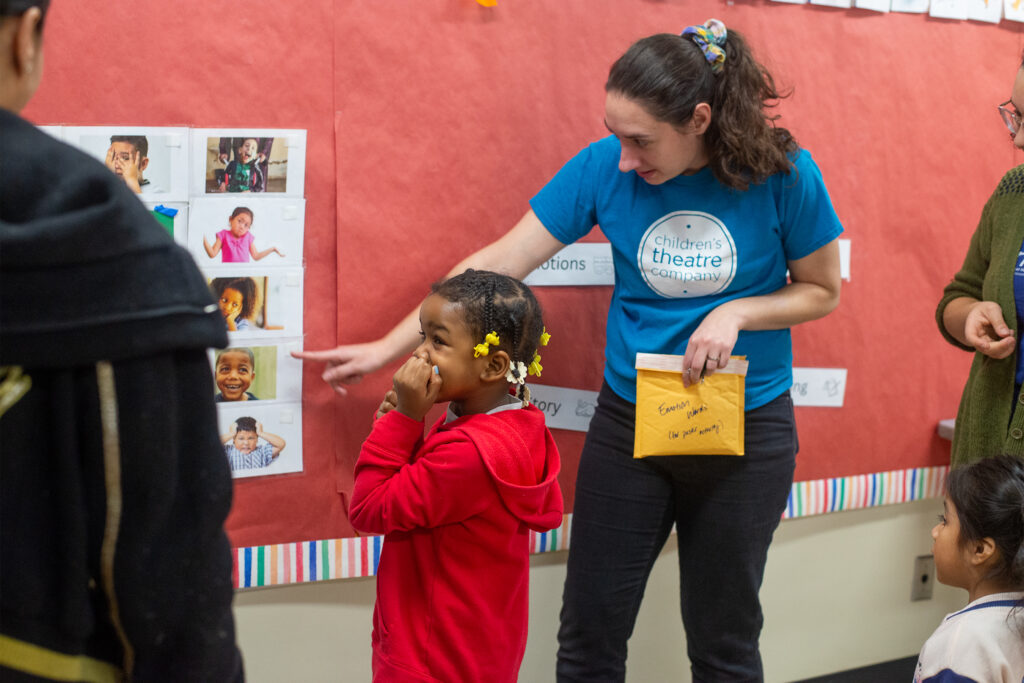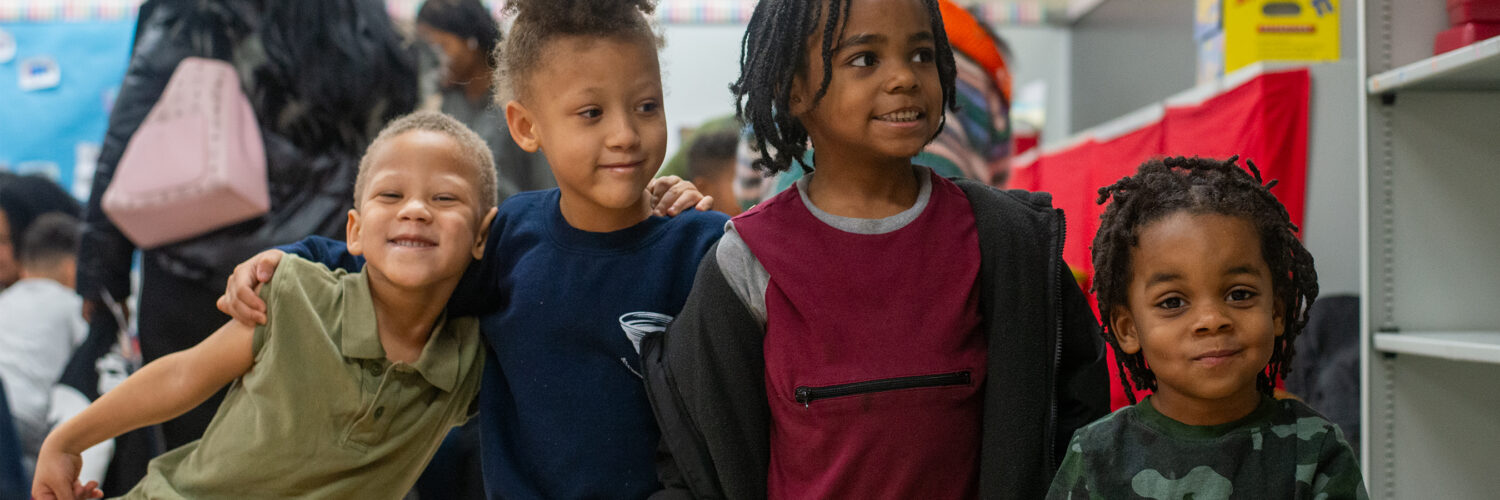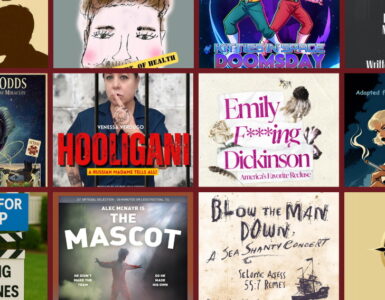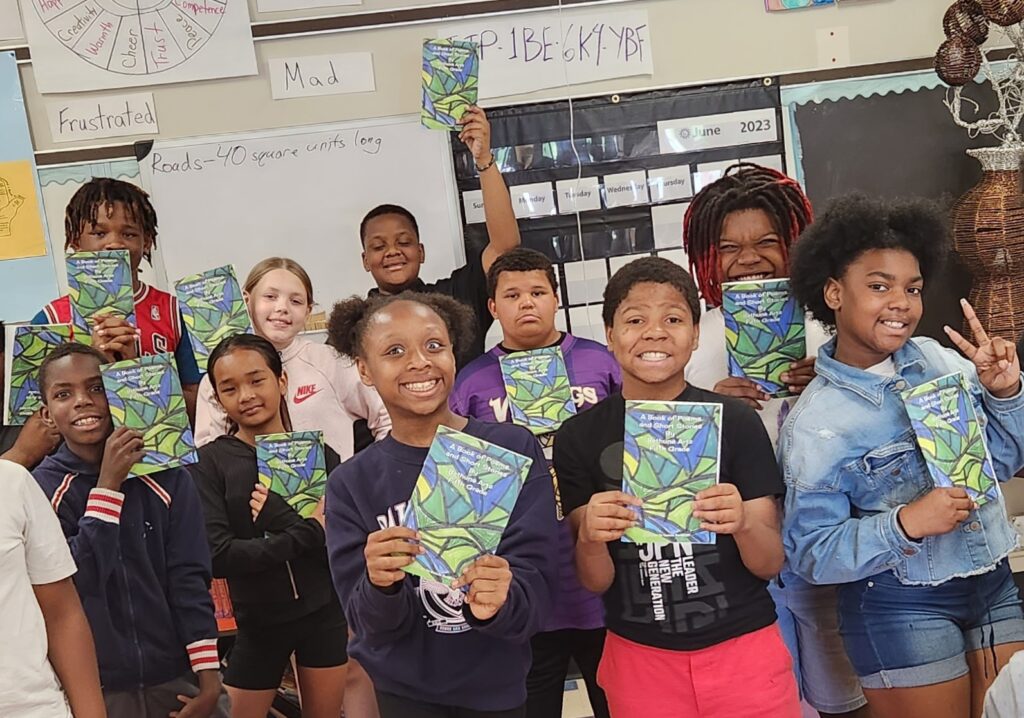
“The collaboration between CTC and Bethune and Minnesota Public Schools has been fantastic. Since day one, the classroom teachers have been incredibly gracious and supportive to our education team. The ongoing communication between all stakeholders has been the key to the success in the classroom and beyond. It is inspiring to know how much the staff at Bethune care for the families, and work tirelessly to ensure that Bethune is not just a school but a thriving community. Having the opportunity to engage with families has been the highlight of this partnership. It is one thing to be in the classroom, but having those connections with caregivers signals that education extends beyond the classroom, and that teachers, families and community members are there to always support student achievement. In addition, the office of Extended Learning has been critical in supporting our efforts to provide arts leaning opportunities for the summer scholars program in 2024. In depth programming like this would not be possible without the total buy-in from the school to the district.” Ann Joseph-Douglas.
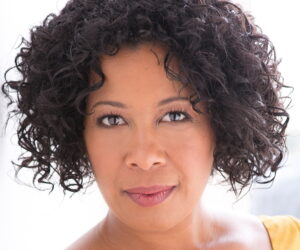
As Director of Education at CTC, how did you envision the partnership between CTC and Bethune Arts Elementary when it began in 2021? Has that vision evolved?
The programs and curriculum are exactly what I envisioned, and witnessing their evolution has been incredible. We now have a dedicated team of eight teaching artists who have committed to this program over multiple years. This continuity has allowed us to create a system in which teaching artists matriculate alongside the students, building lasting relationships and working with them over a two-year period. As a result, our curriculum has evolved to allow for intentional scaffolding of learning, ensuring deeper skill development and growth over time.
You’ve described the collaboration as inspiring and deeply community-driven. What core values guide your approach to building and sustaining partnerships like this?
At Children’s Theatre Company, our mission and values are the foundation of everything we do in the Education Department. Our curriculum is intentionally designed to align with our mission: to educate, inspire, and challenge young people and the communities in which we live. We center our work around the belief that the learning process is more valuable than the final product. Our focus is not solely on the outcome, but on what students discover, develop, and experience along the way.
What do you see as the most powerful role of theatre and the arts in a child’s academic and emotional development Were there any student stories that stood out to you?
Last year, one of the Bethune teachers witnessed a powerful moment between two students. A child was struggling to put on their coat—the sleeves were turned inside out, and in frustration, they threw the coat to the floor.
Without hesitation, a fellow student gently took their hands and said, “It’s okay. Just breathe with me.”
Together, they paused, took a few deep breaths, and reset. The student then calmly adjusted their coat, put it on, and walked outside to catch the bus.
What kind of feedback have you received from teachers, and how does it shape the program?
Teacher feedback is essential to the success of our program. It is critical that our teaching artists collaborate meaningfully with classroom teachers and remain responsive to their insights and needs. For example, teachers in the upper grades have specifically asked that we more intentionally embed social-emotional learning (SEL) skill-building into the curriculum. This allows us to collectively foster a shared culture of wellbeing across classrooms and deepen the impact of our work.
If you could share one message with policymakers or funders about the value of integrated arts education, what would it be?
Research consistently shows that students who participate in the arts experience greater academic success than those who do not. There are many pathways to learning, and arts participation is essential in providing students with a well-rounded education. Arts integration not only enriches what happens in the classroom—it can transform an entire school. It fosters environments where students are confident, willing to take risks, and eager to celebrate each other’s successes.
Great schools build great communities. Communities where people feel connected, invested, and safe. As funding for public education continues to decline, now is the time to double down. Let us send a clear message to students, teachers, and families: We believe in the potential of your school and everyone in it.
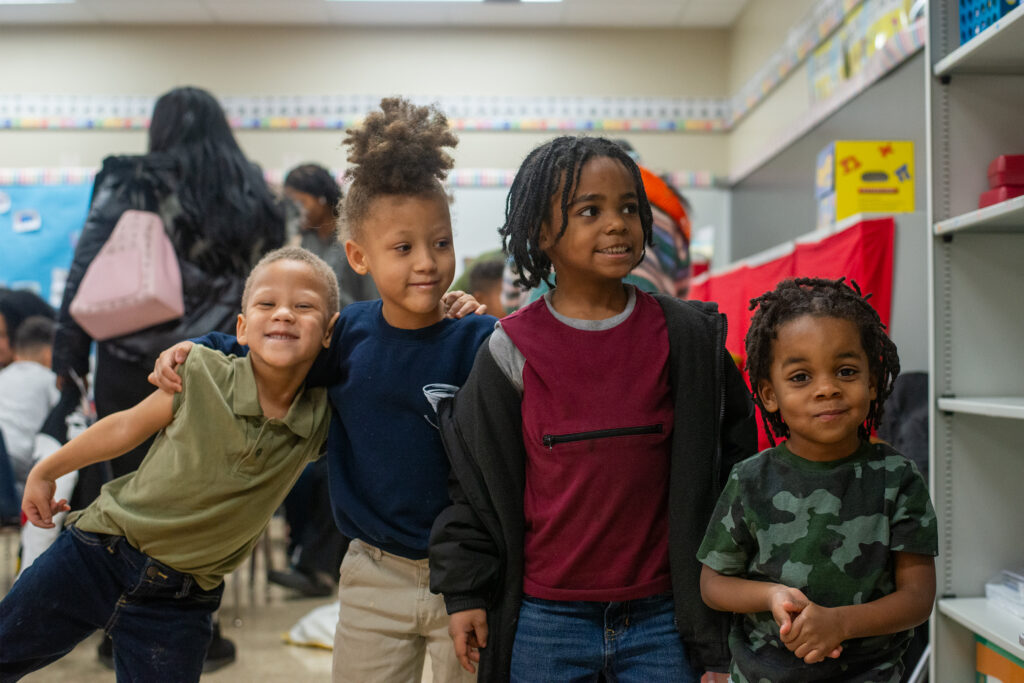
Impact of the program:
- 97% of the surveyed caregivers noted that their child looks forward to arts and theater programming at Bethune, that Bethune’s school-based arts and theater programming is beneficial for their child, and that arts and theater programming helps develop their child’s social-emotional skills.
- Student improvement was seen across social-emotional measures such as social awareness, executive functioning, and emotional literacy, as well as across the fundaments of writing and storytelling like organization and mechanics.
- Students in grades 3 and 4 showed an increase in their writing and storytelling skills over the course of programming. Overall average scores increased by 2.25 points from the first grading in December to the fourth and final grading in May.
“Our partnership with CTC and all the grade level residencies has been more powerful and impactful than any other that we have worked with. Education is challenging and reaching students’ needs is a huge task. The support of CTC is invaluable as they work with our teachers and students to address specific needs and use theater arts to elevate our work in a way that we could never do independently. The depth and investment of this partnership is what makes is so successful.” Jody Lazo, Arts Integration Magnet Specialist.
